Lenny Bruce: True Stories, Trivia, And Facts You Didn't Know
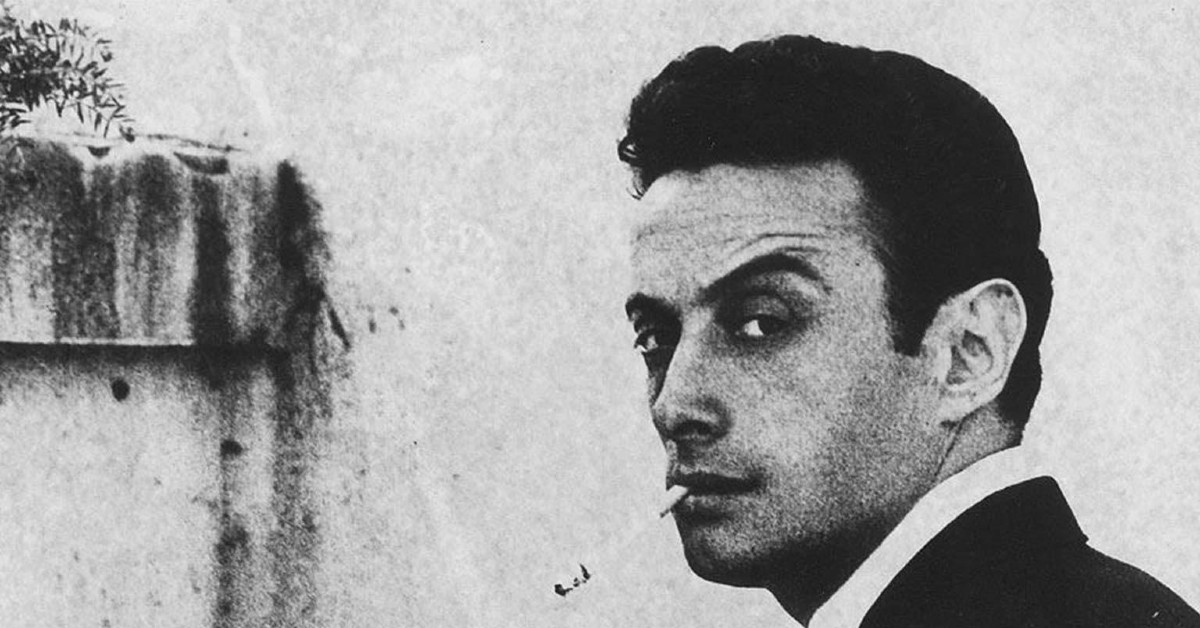
Although he never achieved the massive success of acolytes like Richard Pryor and George Carlin, Lenny Bruce is considered the father of modern comedy. He also arguably did more for freedom of speech in the U.S. than anything since the introduction of the First Amendment—mostly through his obscene routines. Bruce's life was as filthy was it was legendary, so make sure the kids are out of the room and prepare yourself for the wild ride of one of the greatest stand-up comedians of all time.
Comedy Beginnings
Growing up in Mineola, New York, Bruce watched as his parents took decidedly different paths following their hasty divorce. His father became a shoe salesman in California, while his mother took a stab at a career in dancing and comedy before managing such talents as Pat Morita (of Karate Kid fame), Cheech and Chong, and Sam Kinison at the beginning of their careers. When Bruce decided to try his own hand at comedy, he initially modeled his routines after his mother's. In 1989, she said of her son:
People are always saying that everything in comedy stems from Lenny—that everything touches him. What can I tell you? He took after me.
But he didn't immediately take to the stage. In 1942, at the age of 16, he joined the Navy and shipped out to Northern Africa and Italy.
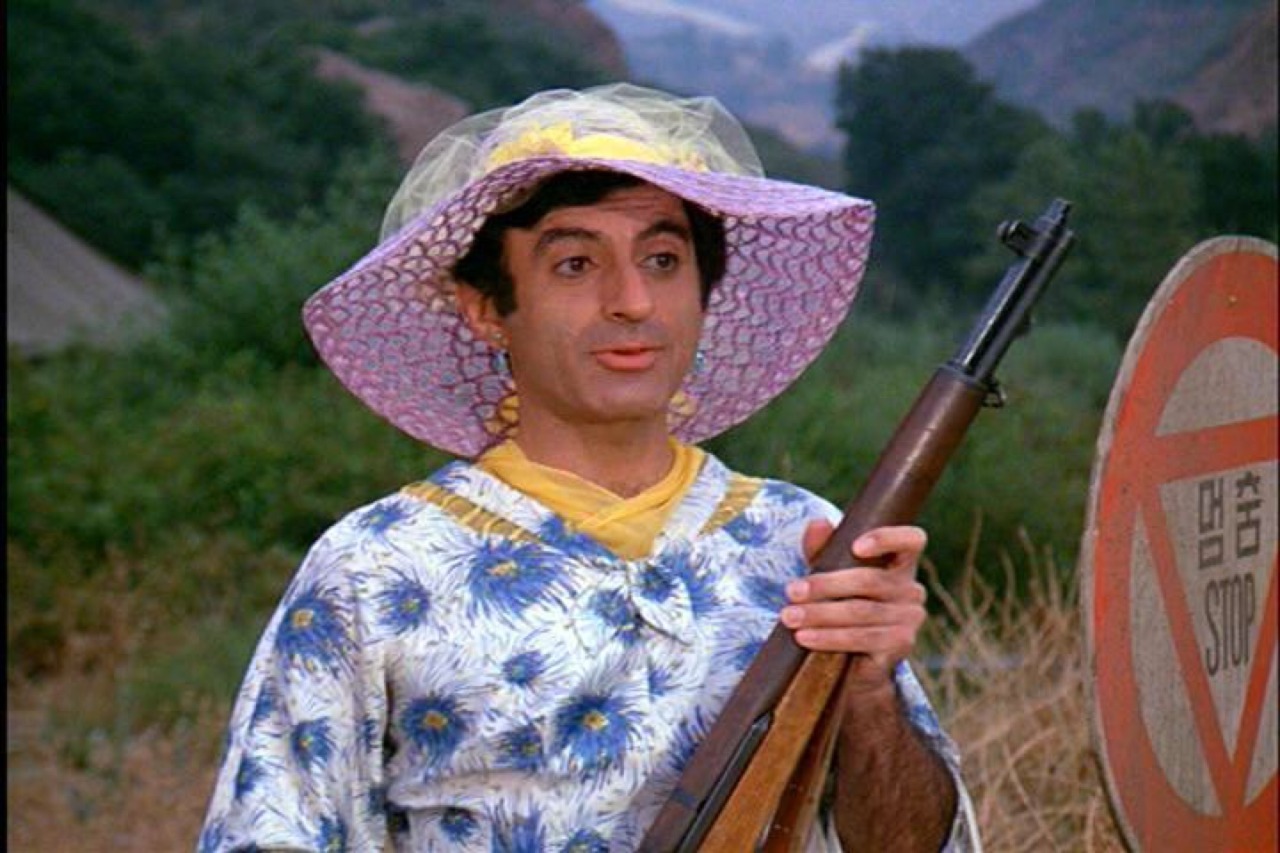
Klinging To Civilian Life
Bruce got first taste of comedy while he was serving on the U.S.S. Brooklyn. In May 1945, he performed in drag to entertain his shipmates, but his commanding officers were less amused. Bruce decided to run with it, explaining his performance as an outlet for "homosexual urges." In a statement to a Naval captain, he wrote:
If having strong homosexual desires makes one a homosexual, I am. If performance of perverted sexual acts are necessary, I am not a homosexual.
It's unclear to what extent Bruce's statements were sincere. He later claimed that he made up the whole thing to get out of the Navy, but he also petitioned to change the classification of his discharge from "undesirable" to "honorable," providing an account of his psychological state at the time that was less intense than he'd previously claimed but still left him "wonder[ing] if [it] was normal" to enjoy being around his shipmates so much.
Whatever the case, by July 1945, Bruce was back home. According to Hollywood legend, Bruce's final months in the military inspired the character of Corporal Maxwell Klinger, whose desperate attempts to avoid service included cross-dressing, on the TV show M*A*S*H.
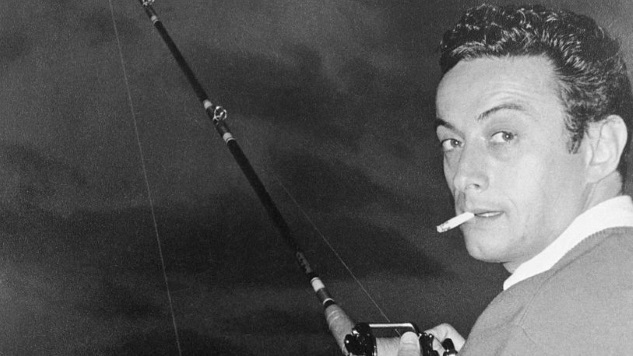
Stripped Down
After Bruce left the military, he made his way to New York City and threw himself into the world of stand-up comedy, performing in coffee shops in the Village and clubs in the Catskills. After winning a contest for aspiring performers by Arthur Godfrey's Talent Scouts in 1949, he began touring relentlessly, but his bland material wasn't getting him anywhere.
By the early '50s, he was mostly performing in strip clubs, where the comedians didn't tend to be the, ahem, main draw. The low-pressure gig was just what he needed, though. With an audience that was inherently seedy and only barely paying attention to him anyway, he was free to develop more risque observations, discussing everything from religion and racism to sex and drugs.
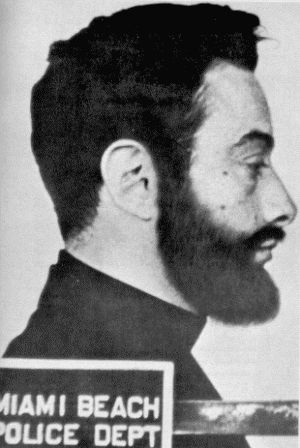
Divine Law
Bruce had no shortage of legal troubles over the course of his career, but his first arrest had nothing to do with his controversial performances. In 1951, hoping to convince his then-wife to quit her job as a stripper, he attempted to make some extra money posing as a priest on the streets of Miami. With the help of stolen shirts and priest collars, he claimed to be working on behalf of the Brother Mathias Foundation and made about $8,000 in about three weeks. He was caught shortly thereafter but escaped prosecution after donating about one-third of his take to a leper colony in Guinea and it was discovered that his foundation was actually real in the state of New York.
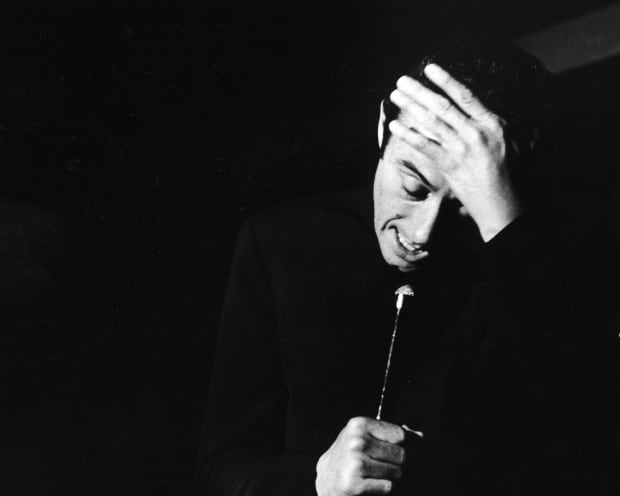
Caught With Carlin
As his live act caught on in clubs across the country, Bruce found real success with the comedy albums The Sick Humor Of Lenny Bruce and I Am Not A Nut, Elect Me! (Togetherness), but this new attention included conservative politicians and community leaders who weren't happy about Bruce's activities.
On October 4, 1961, he was arrested for obscenity in San Francisco for saying "c---sucker" onstage, and although he was acquitted of the charge, it put a target on his back for local law enforcement across the country. He was often arrested after performances, alongside the house managers who'd hired him. He was even banned from the entire United Kingdom after performing there.
Of course, this air of controversy did nothing to decrease his audience, which started to include droves of young people eager to hear this "dangerous" new voice. One night, after Bruce was arrested at a show, the police demanded identification from everyone in attendance. One man refused to show his I.D. and ended up in the back of the police cruiser with Bruce. His name was George Carlin.
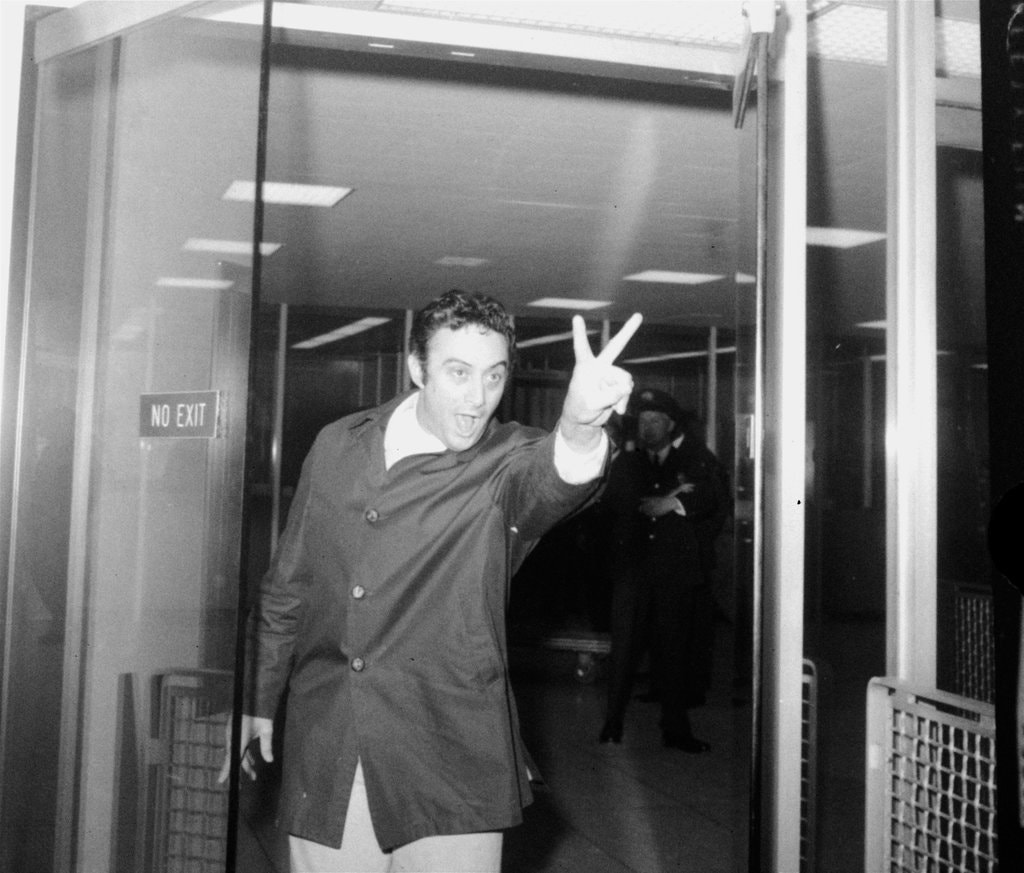
Master Craftsman
Lenny Bruce could wring a laugh out of anything, even the assassination of one of our most beloved presidents. Hours after the death of John F. Kennedy, Bruce took the stage at a gig and simply stood quietly for a few moments before addressing the audience. Referencing the famous JFK impersonator, he said, "Boy, is Vaughn Meader f---ed." He went on to joke that the impersonator, now out of material, would have be buried with the President.
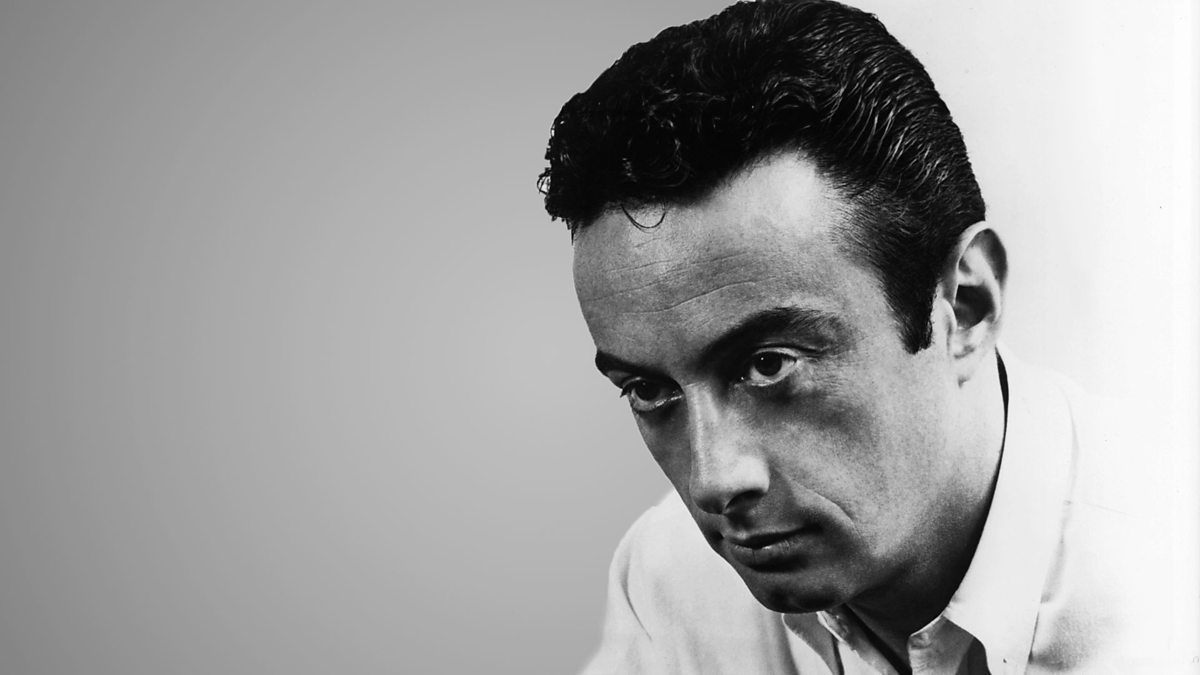
Later Writing Years
Although Bruce had become one of the most famous comedians on the planet, club managers were reluctant to hire him, lest they be arrested. He needed to support his family (as well as an increasingly concerning drug habit) in the meantime, so he wrote the autobiography How To Talk Dirty And Influence People in 1964, which was serialized for Playboy, and began contributing to The Realist magazine.
It wasn't long until his lifeless body was discovered next to a syringe and burned bottle cap in the bathroom of his Hollywood Hills home in 1966. His death was determined to be from "acute morphine poisoning caused by an overdose," and more than 500 people attended his memorial service, many of them carrying box lunches and noisemakers. The final line of his eulogy in Playboy read: "One last four-letter word for Lenny: Dead. At forty. That's obscene."
No comments: